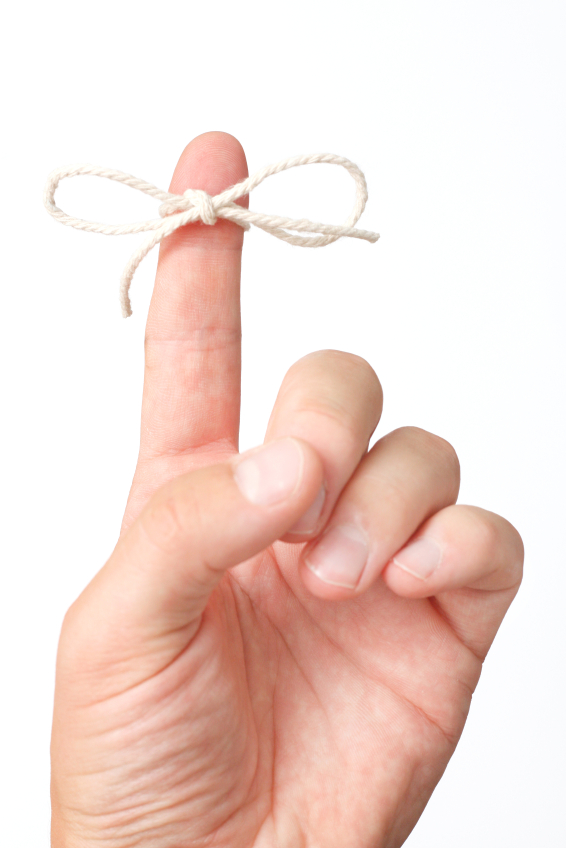Memory Tips for Bipolar Disorder
 Like cancer patients undergoing chemotherapy, patients with bipolar disorder often have memory problems, particularly if they have had many prior episodes. Some memory tips from CancerCare’s Chemobrain Information Series may also help patients with bipolar disorder remember things better and keep their memory sharp. Here are some of their tips:
Like cancer patients undergoing chemotherapy, patients with bipolar disorder often have memory problems, particularly if they have had many prior episodes. Some memory tips from CancerCare’s Chemobrain Information Series may also help patients with bipolar disorder remember things better and keep their memory sharp. Here are some of their tips:
Make lists. Carry a notepad with you, or use a smartphone to keep track of errands, shopping lists, daily tasks, and when you should take your medications.
Use a paper or electronic day planner or a personal organizer to keep track of appointments and special days like birthdays or anniversaries.
Use a wall calendar and hang it in a place that you will see it multiple times per day.
Carry a notebook and record everything you need to remember, including to-do lists; the dates, times, and addresses of appointments; important telephone numbers; and the names of people you meet and a brief description of them. You can also use the notebook to keep track of medical information: your medication schedule, any symptoms or side effects you are having, or questions to ask your doctor. You can also do this using an app like What’s My M3 or by downloading a personal mood charting calendar from our website.
Leave yourself a voicemail message to remember something important. When you listen to it later, write down the information.
Organize your home or office. Keep things in familiar places so you always know where to find them.
Avoid distractions. Find a quiet, uncluttered place to work or think where you can focus your attention for longer.
Have conversations in quiet places. This will help you concentrate better on what the other person is saying.
Repeat information aloud, and write down important points. If someone gives you information about an appointment, you might repeat the time, date, and location of the appointment out loud while righting it down.
Keep your mind active. You can use crossword puzzles, word or math games, or attend events about topics that interest you.
When writing, proofread. Double-check whether you’ve used the correct words and spellings.
Train yourself to focus through mindfulness. For example, if you keep misplacing your keys, pay extra attention each time you set down your keys. You may say aloud, “I’m putting my keys down on the counter.” Hearing the auditory cue can boost your memory.
Exercise, eat well, and get plenty of rest and sleep. These habits will help your memory work best.
Tell your loved ones that you are having memory problems, so that they’ll understand that you may forget things you may normally be able to remember. They can help you or encourage you.

